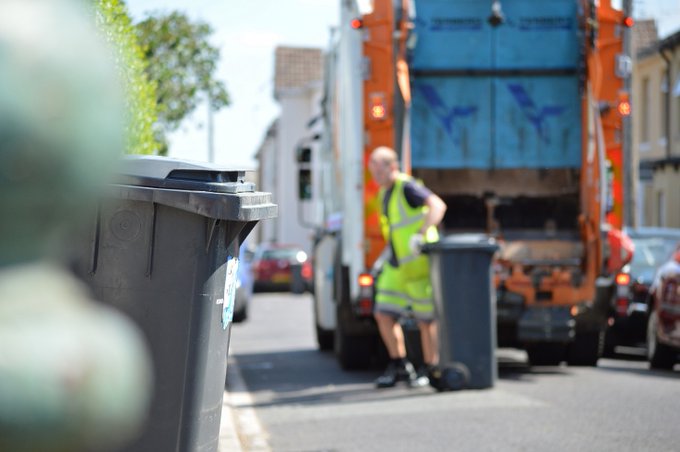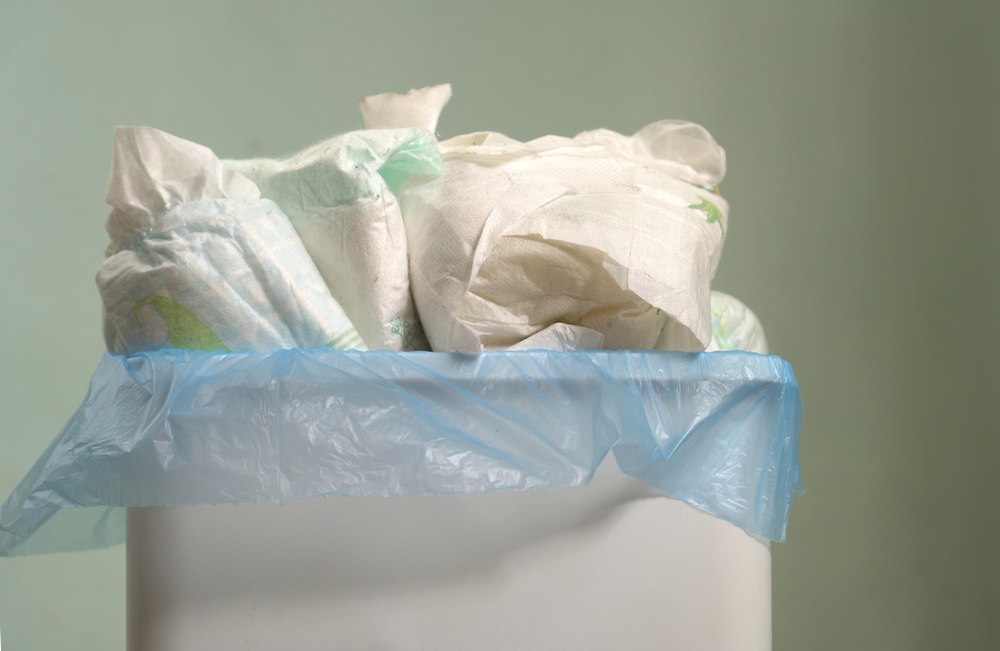
In its response to the consultation, which closed on Sunday (4 July), the LGA welcomes flexibility for councils to make local decisions on the most effective collection service, however say that the potential of a TEEP challenge is “unacceptable”.
Under current proposals, the government will require local authorities to undertake a TEEP assessment prior to rolling out certain types of collection service, such as commingling.
Default
The LGA notes in its response: “Government will require local authorities to undertake a TEEP assessment prior to rolling out certain types of collection service, such as co-mingling of recycled materials (by default councils will be required to collect materials for recycling separately.”
The association continues: “The TEEP process can be used by councils to combine recycling material streams where separate collection of recyclable materials is not technically or economically practical, or does not provide a significant environmental benefit.”
Therefore, the LGA said it is calling for protection for local authorities who have implemented services following a TEEP assessment, to enable them to implement cost effective services without this threat. In the past there have been challenges to local authorities over their TEEP assessments.
The LGA said: “We welcome the flexibility to make local decisions about the most effective collection system, but it is not acceptable for a local authority to be held under the threat of a judicial review of their TEEP assessment. Protection for local authorities that have implemented services following a TEEP assessment should be established for a specified period to enable authorities to implement cost effective services either directly or through contract arrangements with the private sector.”
Offensive waste
The LGA has also called for more consideration of municipal offensive waste items that frequently end up in household residual waste streams, such as nappies.

It is urging that residual waste collection frequency continue to be determined locally, as the changes to recycling collections (weekly food waste and expansion of dry recycling items) should reduce residual waste volumes and the percentage of biodegradable waste.
The decision on frequency, it said, then comes down to the likely proportion of municipal offensive waste in the residual bin, which is a factor “easily determined locally”.
Garden waste
The consultation also proposed that garden waste collections be made free of charge for residents.
“The evidence to support the free collection of garden waste isn’t compelling,” – LGA
The LGA argued that the evidence to support the free collection of garden waste “isn’t compelling”, when considered with the opportunities to increase home composting.
It added that in its view, residents are willing to pay for the garden waste collection service which therefore gives “little evidence” that the material would end up in the residual waste due to the charge.
If the government continues with this proposal, the LGA said that more work should be done to “verify the economic and environmental benefits of doing so”.
The LGA said: “The evidence to support the free collection of garden waste isn’t compelling when you consider the opportunities to increase home composting, the provision of free disposal at Household Waste and Recycling Centres, the emissions implications of increased vehicle movements and the fact that a large proportion of urban properties do not have gardens, this proposal is unfair and unnecessary. The majority of LGA members have declared a climate emergency and policy approaches that increase the number of fossil fuel consuming vehicles driving up and down our roads is counterproductive.”










Subscribe for free